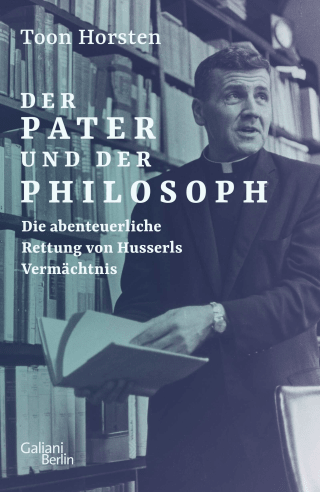"A story comparable to a novel by Umberto Eco or Dan Brown, except for the fact that it really happened" - DE VOLKSKRANT
Edmund Husserl was the founder of philosophical phenomenology, a method that decisively shaped the history of philosophy in the 20th century – Martin Heidegger, who began as his favorite student and assistant, even succeeded him in the Freiburg professorship beginning in 1928. Yet, when Husserl died in 1938, Heidegger, who had even been rector of the University of Freiburg in the meantime, had long since abandoned his Jewish mentor, becoming an enthusiastic Nazi supporter.
Husserl’s widow lived under the threat of deportation, while the threat of being scattered or destroyed hung over Husserl’s legacy of tens of thousands of pages of philosophical writings, which he saw as his major work and had spent decades meticulously preparing for later users. Until a young Flemish Franciscan monk who was a fan of Husserl came to Freiburg for a student research project, recognized the danger, and decided to do something about it …
Despite the chaos and dangers of war, Father Herman Leo Van Breda stopped at nothing to save this philosophical treasure for European intellectual history and get it out of the country as well as to help Malvine Husserl to escape. But no sooner had he smuggled the writings into Belgium after numerous failed attempts and founded the Husserl Archives in Leuven than the Germans invaded ... What had begun as a research project for Van Breda ended up becoming his life’s mission.

